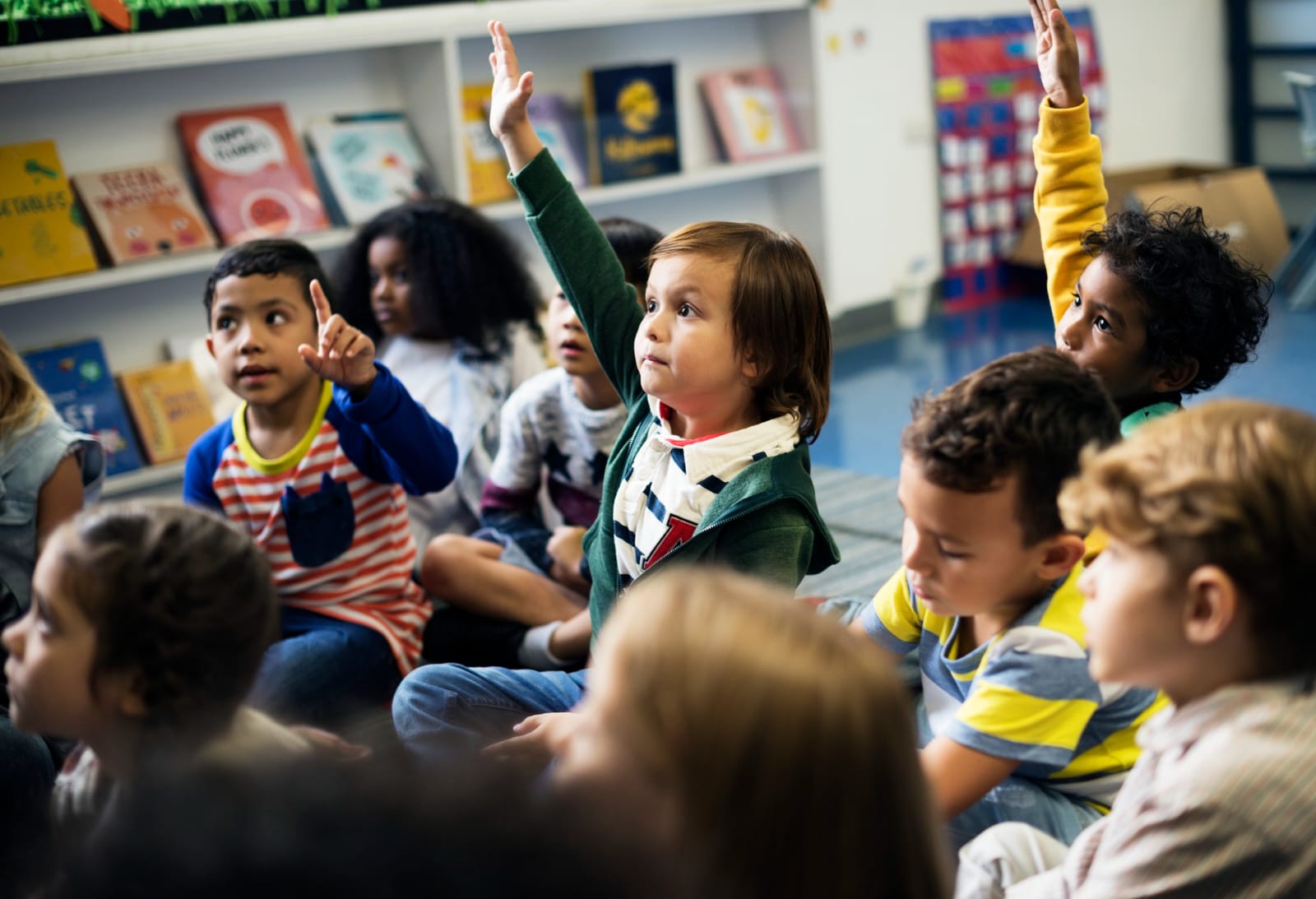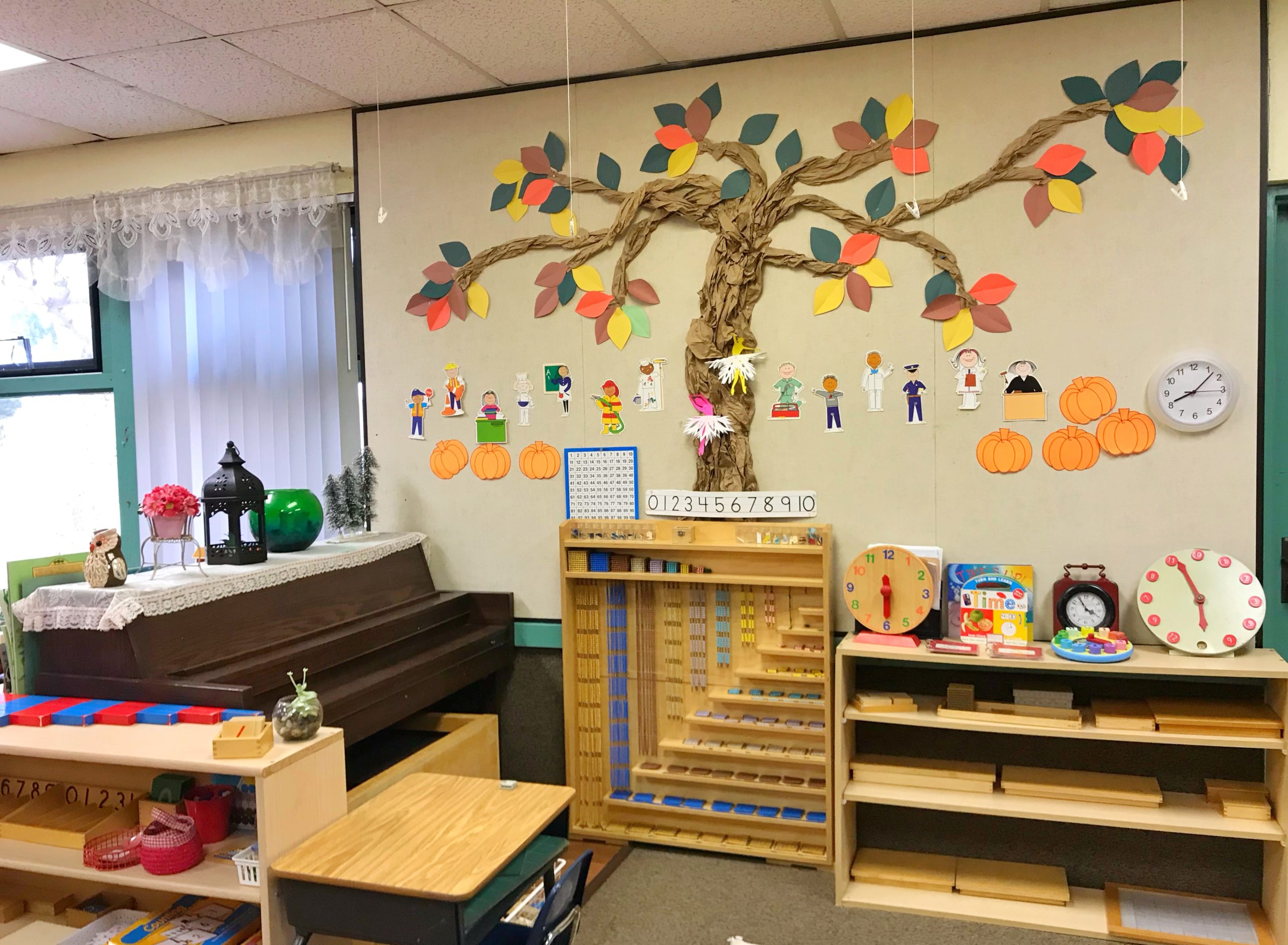
Despite being around for more than 100 years, the Montessori Method continues to spark questions and misconceptions among parents, particularly those new to the approach.
Here, we will debunk the five most common myths surrounding the Montessori Method. Remember, at Central Montessori Schools (CMS), we have a team of specialists who provide a structured yet free environment where your child can learn about their own limits and abilities.
What Are the Most Common Myths About the Montessori Method?

Among the misconceptions circulating online or shared by those unfamiliar with the Montessori approach, the following stand out:
- Children Do Whatever They Want
One of the most widespread myths is that Montessori allows children to act without discipline or structure. This misunderstanding stems from the Montessori philosophy of fostering freedom for children to explore and develop. To outsiders, it may appear disorganized, as there are no traditional classes like in conventional schools.
In reality, Montessori classrooms are highly structured environments designed to help children develop in a controlled manner while making their own decisions and solving problems. Though it might look unstructured at first glance, every classroom is carefully organized to allow children to grow independently. This dispels the myth that children in Montessori settings do whatever they want.
- Montessori Is Only for Gifted or Special Needs Children
Another common myth is that Montessori education is exclusively for children with special needs or exceptional abilities. Some believe that enrolling a child in Montessori means they either have behavioral challenges or are gifted.
However, Montessori education is suitable for all children, regardless of their situation. The method is adaptable and tailored to each child’s unique needs, allowing them to progress at their own pace. Without grades or traditional evaluations, children can achieve personal milestones that reflect their abilities and interests, making this myth entirely false.
- Montessori Is Only for Preschoolers
While it is true that many Montessori schools cater to preschool-aged children, the method is not limited to early childhood. Many parents mistakenly believe that Montessori principles are only applicable to young kids.
In fact, Montessori techniques can be applied at any age. Many prominent companies like Google and Amazon have integrated Montessori-inspired philosophies into their workplace environments to foster creativity and independence among employees.
Montessori principles are also beneficial for adults, helping improve organization, self-control, and focus. For those with conditions such as ADHD, the method can offer practical strategies to navigate challenges. Clearly, Montessori is not just for preschoolers.
- Montessori Does Not Prepare Children for the Real World
A common misconception is that Montessori education lacks the structure to prepare children for real-world challenges. Some critics assume that Montessori classrooms are merely play spaces where children do not learn discipline or practical skills.
However, Montessori schools emphasize real-world experiences through role-playing activities that simulate everyday situations. Maria Montessori herself advocated for children to engage with realistic, tangible objects rather than fantastical or overly complex toys. Parents are encouraged to provide simple toys with natural designs and minimal colors to foster this approach.
Additionally, Montessori principles can be extended to household tasks, allowing children to participate in daily chores in a fun and engaging way. This nurtures their independence and clearly prepares them for the future, debunking this myth.
- Montessori Is Too Expensive
Finally, many believe that Montessori education is only accessible to wealthy families due to its perceived high costs.
At CMS, we offer various programs and payment options tailored to families’ schedules and budgets. Additionally, Montessori materials can be affordable and often involve recycled or household items. Montessori emphasizes exploration, connection with nature, and emotional development rather than reliance on expensive tools or supplies. This makes the method accessible to families from diverse financial backgrounds.
Conclusion
Many myths about the Montessori Method stem from misinformation or lack of familiarity with this teaching philosophy. The truth is, Montessori education is adaptable, inclusive, and effective for children and adults alike.
If you are considering Montessori for your child, consult with experts to understand how this approach can benefit your family. At Central Montessori Schools, our team of specialists is ready to support you and your child on this educational journey.




